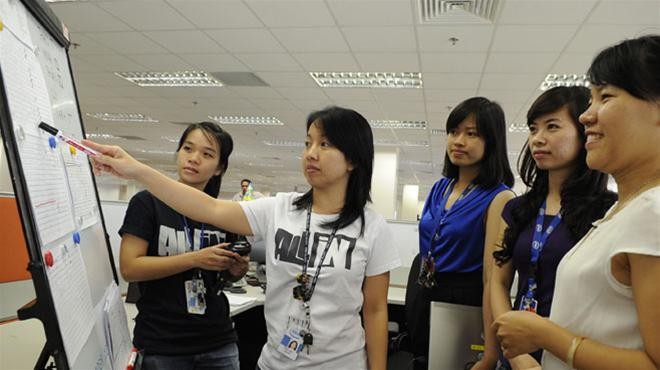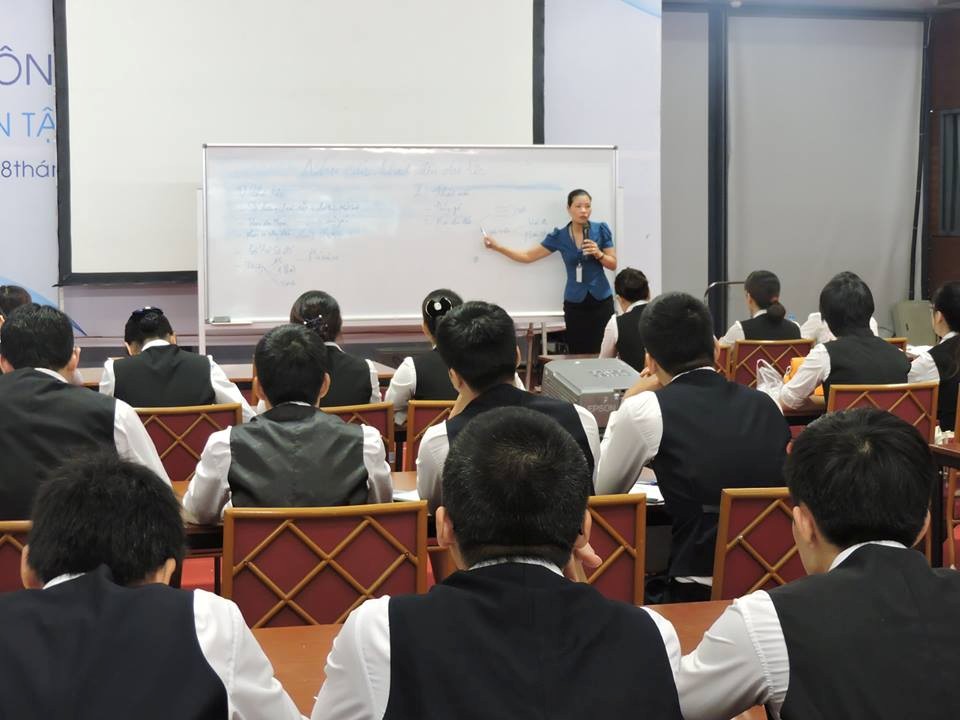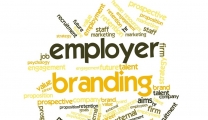The world of HR and recruitment has become an organism that is technology savvy, value focused, lively, multicultural and multi-generational. Over the years, there are changes that may amaze the HR outsiders and require companies, managers, specialists, recruitment agencies, etc. to keep updated with and take action in their own companies. Here are top 10 things they should keep an eye on this 2016.
Obsessed with reads about HR trends? Then just enjoy the related posts here.
1. The role of HR professional

The role of HR professional is changing. Mobile applications, Internet, Linkedln, Facebook, Twitter, etc. are helping. Also, a company website is a helpful tool. HR professionals are moving from analytical to behavioral thinking. Such questions as “How would you tackle a conflict at work?”, “Give an example of a time that you had to respond to an unhappy customer” during a job interview are becoming a trend now.
2. Generations

Generations are changing, too. First, generation X, followed by Y (also, Millennials), and now generation Z (Post-millennials). Z people were born between 1995 and 2010. Proactivity and socializing are the standard for them. The transition for hierarchy to network, enjoying fun doing serious business, and purpose before the practical use are their operational manual. They don’t be afraid to experiment, and this also holds true for looking for jobs and taking on tasks.
3. War for talent

Competition in the market has been increasing for companies and applicants as well. Falling within the criteria may be demanding. Also, to keep up with the market, companies are utilizing manpower headhunters, employee referrals and apps. It is now difficult to retain best talent and manage turnover, indeed.
4. Virtual workplace and outsourced positions

Freelancing, hubs, co-working, working from home, outsourcing, etc. become the life/ work style of many careers. Such countries as India have already emerged as global hubs. China, Turkey, Estonia, etc. are expected to follow. Still, “when in Rome, do as the Roman do”. “Think globally; act locally.” Negotiating terms enriching for both sides should be the norm.
5. Healthy workplace

Holiday celebration party event like this is proved one of effective ways of ensuring your employees’ work-life balance
Maintaining the work-life balance is crucial. Such terms as work stress, mental health, burnout syndrome, bullying, spiritual development and inequity are becoming common expressions for working-age people working in cubicles or open-space offices.
6. Diverse workforce

America is a great example for workforce diversity. This country is known as a melting pot of cultures and people. Diversity is indeed critical for fostering innovation and a positive corporate culture. According to the Society for Human Resource Management (Virginia), it also improves return on investment (ROI) and customer base diversity.
7. Technology
Utilization of technology help HR pros manage their workforce in a mobile and global fashion, 24/7. Leveraging social networks, intranets and IT tools helps not just with recruitment but with employer branding, developing competitive advantage, generating integrated and interactive content. Also, learning content is now effectively delivered online (gamification, webinars, courses, e-learning tools, certifications, exams), facilitating learning and development.
8. Social and collaborative learning

Technology makes learning easier though, social and collaborative learning is crucial. In-house trainings, lectures, meetings, and the like are still utilized in companies for building and sustaining human capital.
9. Corporate culture

Creating a positive corporate culture is a must-have. As mentioned above, for millennials and post-millennials, working for a company with a positive image is becoming more important than working in a company that has the biggest market share.
10. Effect of compliance and employee rights

Employees treasure honesty and fair play the most. They are starting to favor small businesses, firms with open-door policies, integrity and empathetic leaders. If your company ensure compliance and employee rights, employees will become leaders and brand ambassadors. Your former employees will be a base for accessing new talent. Then just treasure them.












Replies to This Discussion